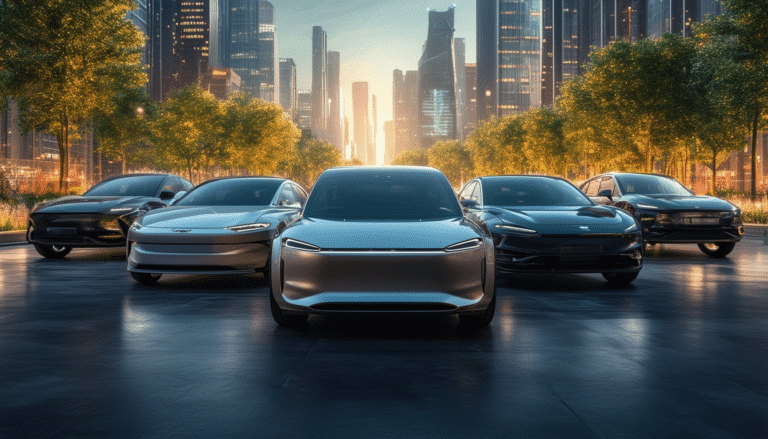Stéphane Séjourné, European Commissioner: ‘The electrification of the automobile benefits the environment, our sovereignty, and our trade balance
Stéphane Séjourné, the European Commissioner, emphasizes the importance of electrifying the automotive sector for environmental sustainability, the sovereignty of European nations, and improving our trade balance. In a context where ecological concerns intersect with economic issues, this transition represents a crucial opportunity for Europe to position itself as a leader in the automotive industry of tomorrow.
Stéphane Séjourné, European Commissioner: ‘The electrification of cars benefits the environment, our sovereignty, and our trade balance’
In a recent speech, Stéphane Séjourné, the European Commissioner responsible for industrial strategy, highlighted that electrifying the automotive sector is not just a matter of technological innovation, but also represents a crucial opportunity to improve the environment, strengthen our sovereignty, and enhance Europe’s trade balance. As the automotive industry faces unprecedented challenges, the commitment to electrification becomes more relevant than ever.
Environmental Benefits of Electrification
The transition to electric vehicles is fundamental in the fight against climate change. Séjourné emphasizes that electrifying the automotive sector can significantly reduce emissions of carbon dioxide and other harmful pollutants that affect public health and the environment. By promoting the use of clean energy, the European Union not only contributes to the preservation of the planet but also improves the quality of life of its citizens.
Strengthening European Sovereignty
The Commissioner also pointed out that the move towards electrification will allow Europe to reduce its dependence on external energy sources. In a global context where energy prices are volatile, having a strong and sustainable automotive market can increase the energy sovereignty of the European Union. By developing its own production capacity for batteries and electrical components, Europe can ensure autonomy in its automotive industry.
Positive Impact on Trade Balance
With electrification, Europe has the opportunity to transform its trade balance into a favorable scenario. By increasing local production of electric cars and their components, a decrease in imports of traditional vehicles and an increase in exports of innovative technology is anticipated. This will not only benefit the European economy but will also attract investment and create new jobs in the sector.
Future Plans and Collaborations
Séjourné revealed that the European Commission is working on a regulatory framework that will encourage collaboration among member states, car manufacturers, and the technology sector. This initiative aims to ensure that electrification is carried out in a coordinated and effective manner, leveraging local resources and promoting research and development in the area of sustainable mobility.
Impact of Car Electrification on the European Union
Stéphane Séjourné, European Commissioner, highlights that car electrification not only protects the environment but also strengthens Europe’s sovereignty and improves the trade balance. As nations adopt cleaner and more sustainable policies, the European automotive industry finds itself in a key position to lead this change. The transition to electric vehicles represents an unprecedented opportunity to innovate and produce in Europe.
Electrification allows for the reduction of greenhouse gas emissions, aligning with the EU’s climate goals. Additionally, by increasing local production of technology and batteries, dependence on external suppliers is reduced, thus ensuring control over strategic resources. This shift also promises to revitalize the continental economy, creating new jobs and enhancing competitiveness in the global market.





